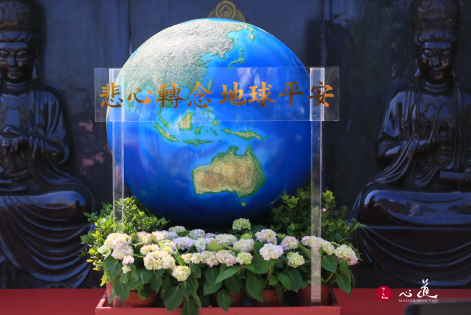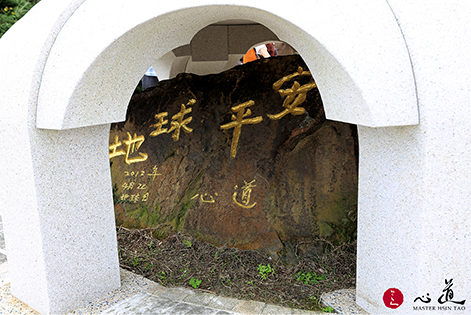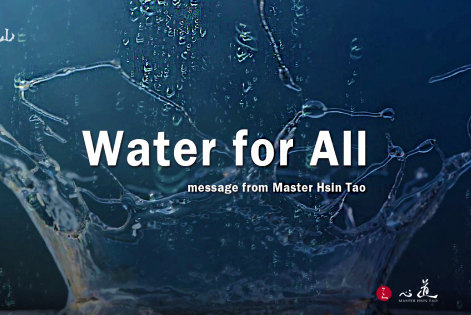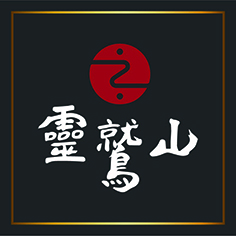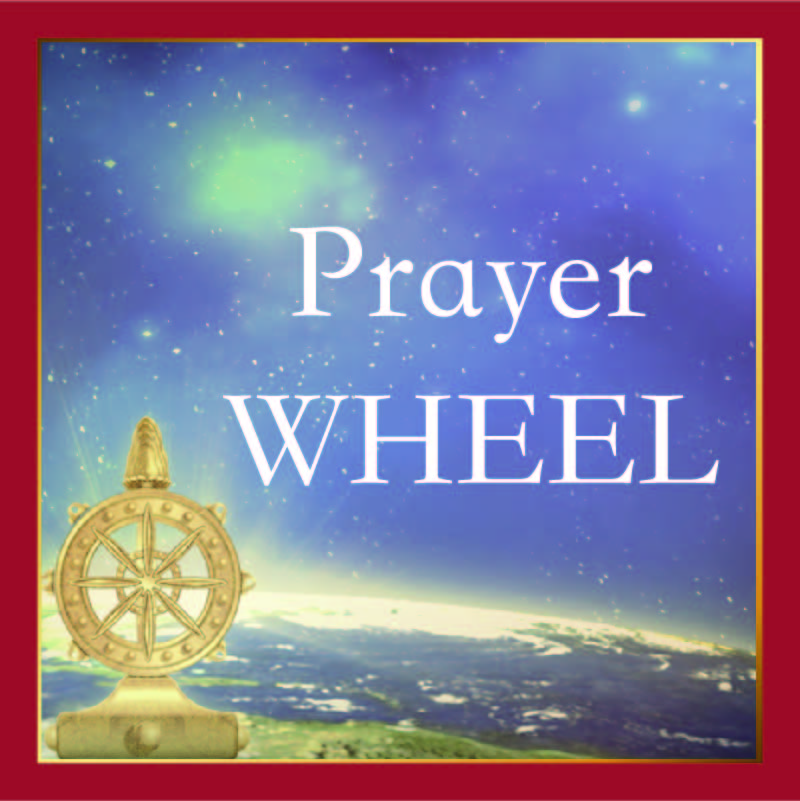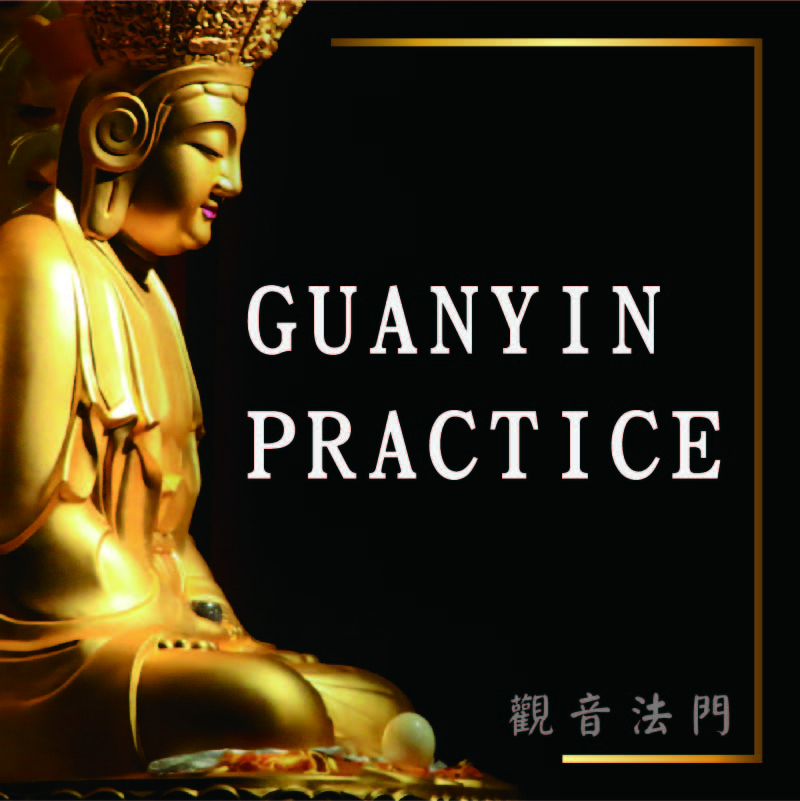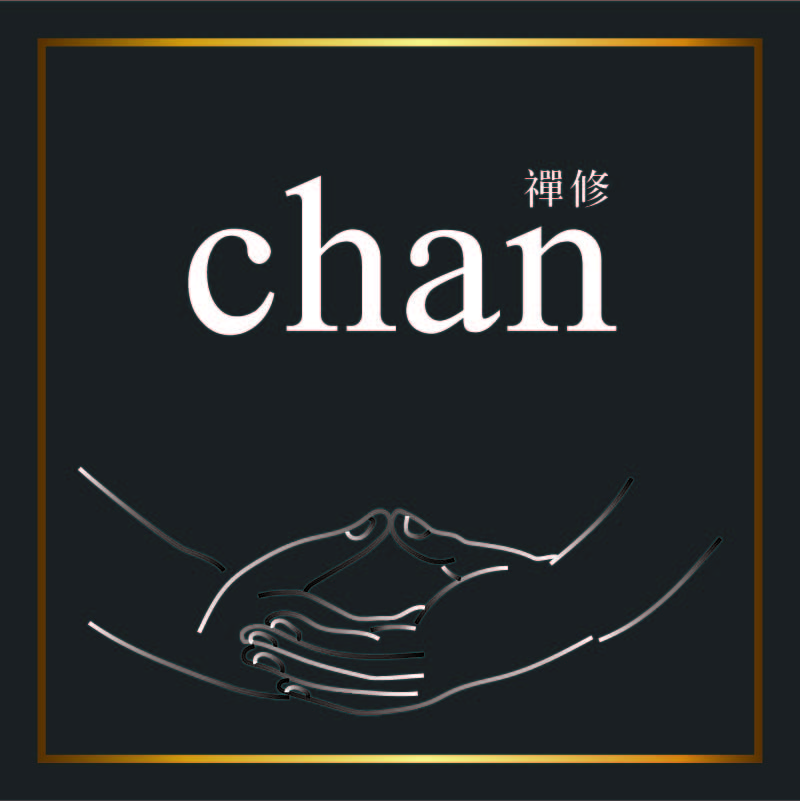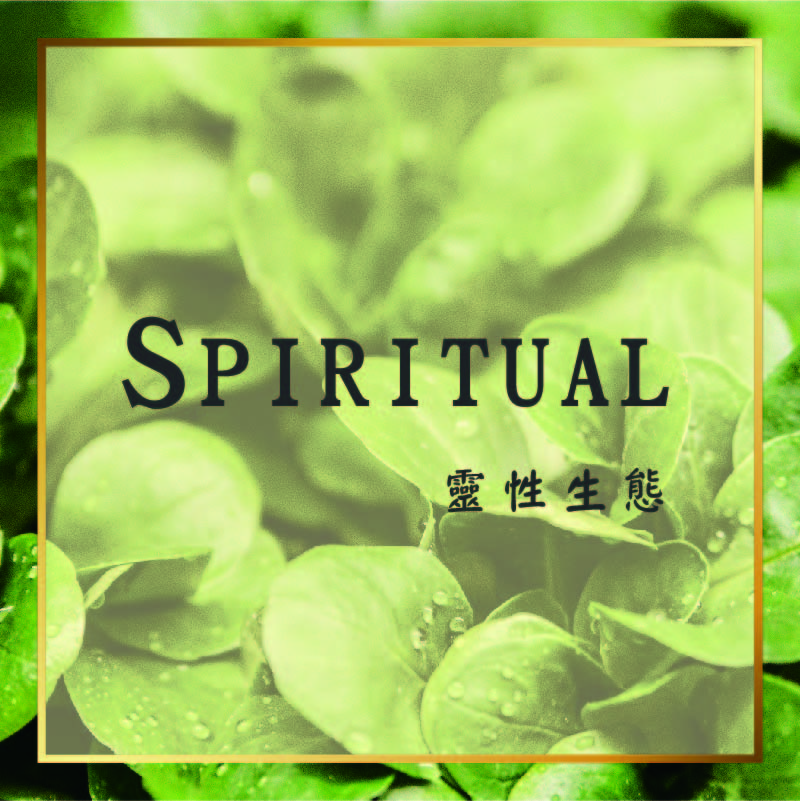
The Earth as Our Shared Home, A Vision Fulfilled (III)
 "Love the Earth, Love Peace" has been the lifelong mission of Master Hsin Tao and a practical expression of spiritual ecology. In response to questions from young people of various nations and religious backgrounds, Master Hsin Tao offers clear and accessible teachings, drawing on his many years of experience in interfaith dialogue.
"Love the Earth, Love Peace" has been the lifelong mission of Master Hsin Tao and a practical expression of spiritual ecology. In response to questions from young people of various nations and religious backgrounds, Master Hsin Tao offers clear and accessible teachings, drawing on his many years of experience in interfaith dialogue.
- Question: Will the Buddha forgive us?
- Master Hsin Tao: The Buddha is an awakened being. Profound wisdom is an expression of awakening. So, will the Buddha forgive us? Here’s an analogy, if every being is like a candle, then the Buddha’s role is to light up the candle. The Buddha continually illuminates us. Once your inner light is kindled, it is the so-called "forgiveness" in your term. Every one of us possesses intrinsic wisdom, but this wisdom needs to be awakened. When our wisdom is awakened, our capacity for love becomes wholesome and complete. If not awakened, we may act in ways that bring harm to oneself and others. But when our wisdom is ignited, the causes of harm cease.
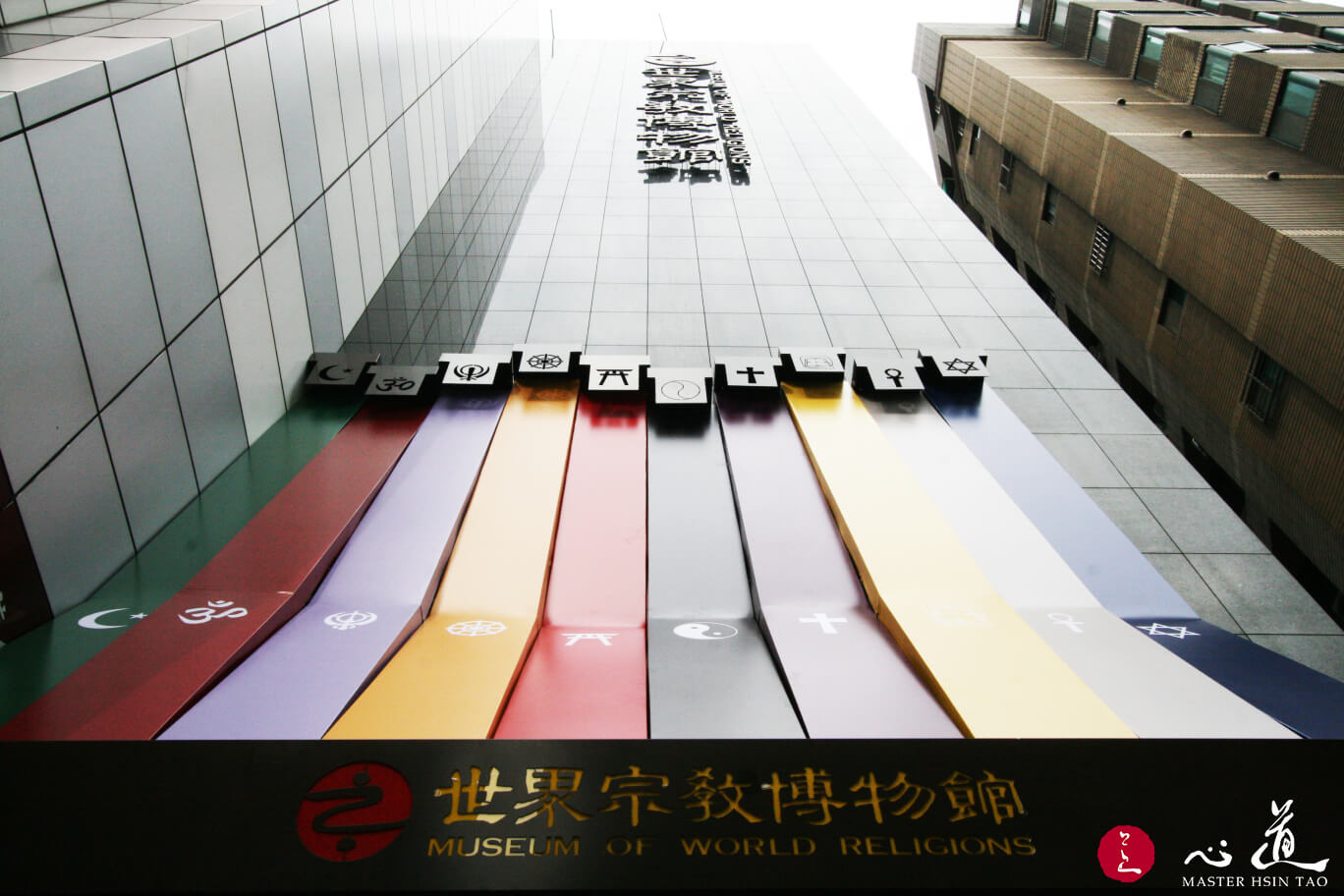
- Question: Some people commit harmful acts in the name of religion, which causes others to lose faith in religion. How can we distinguish true religious practice?
- Master Hsin Tao: Most of the ancient, historically rooted religions have established tenets, precepts, and codes of conduct. For example, Christians uphold the Ten Commandments, while Buddhists observe at least the Five Precepts. Those who follow these moral precepts are, by and large, good adherents. However, some followers may not understand the benefits of observing these rules and thus fail to uphold them. Others may not be true believers, merely participants. As in any community, there will be both virtuous and non-virtuous elements. In general, those who genuinely follow a religion abide by its moral codes. Therefore, we need to study and practice these teachings ourselves, so that we may experience happiness and peace. Those who do not truly engage in learning and cultivation will not attain such well-being.
- Question: In your interfaith work, have there been moments of discouragement or distress? What tangible outcomes have been achieved?
- Master Hsin Tao: Around the time of the 9/11 attacks, more than a decade ago, I initiated international dialogues under the theme "Islamic-Buddhist Dialogues." We sought to explore the underlying causes of 9/11: Was it religious motivated? Or something else? Many hypotheses were proposed, but clarity remained elusive. The dialogues became a space to explore how different faiths define peace and compassion for humanity. We also examined how each religion might contribute its best ideas for the protection of the Earth. We would assess and reflect on each other's ideas critically. It was not enough to merely talk the talk, we must ask ourselves: Have we truly taken action? What kind of results have we achieved? Over time, these dialogues evolved from theoretical discussions into concrete action and tangible outcomes.
Initially, the discussions were charged with strong emotions and impassioned opinions. But gradually, participants learned to speak with care and to act with integrity. This is part of a necessary process. Therefore, when different religions join hands with scholars, political leaders, and the business community, a collective momentum can be built—one that fosters peace and prevents conflict and environmental degradation. This is a awareness we are working toward together.
In the end, I offered each participant a "Peace Bracelet" and led the LJM One-minute meditation session: "Take a deep breath, put our palms together. Relax, quiet down, let the mind return to its origin." The aim is for every individual to experience the joy of inner tranquility—so that the Earth may become peaceful, all beings may become peaceful, and humanity may live in harmony and peace. Let us begin with building our inner peace.



